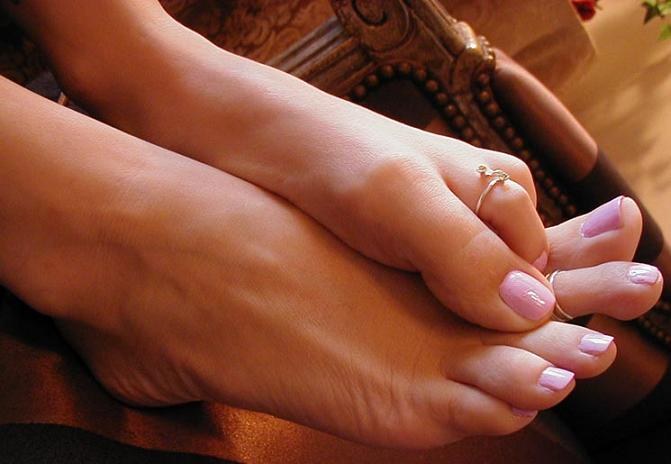For what reasons might twitch a toe
Pull the toe can people of all ages, including children. This is especially frustrating at night. Moreover, externally it can not be detected, as the muscles twitch on the inside. The most common reason for this feeling – emotional tension, stress, severe fatigue for a long time or constant lack of sleep. This can occur when the body works hard or suffered a major emotional upheaval.
If your finger twitches for a long time, the reason for this may be a nervous TIC. Moreover, it could be a delayed reaction to any stress suffered by a long time, because all that relates to disorders of the nervous system rarely go unnoticed.
Similar sensations in the toes can also occur as a result of crushing or stretching any muscles, including the leg or foot. Pull your finger may also due to physical exhaustion or injury. In this case, it is important to remember not touch you a finger on any subject. It happens also that the twitches happen when the finger has any of the wound.
The usual torn prevention can cause a lot of inconvenience, up to inflammation and sensations of twitching in my finger.
In some cases, the twitching finger is a deficiency in the body of certain nutrients. Most often it indicates a lack of calcium. To test this version only after blood tests.
What if twitching toe
If recently, have you worked hard or just have experienced a lot of stress, try to rest. If possible, take a tour to escape from problems or simply to relax. You can also take sedatives plant-based, for example, Valerian or motherwort.
These medications are considered quite weak sedatives, so they should take at least two weeks according to the instructions on the package.
When the cause of the twitching finger is injury, it is imperative to see a doctor and get some x-rays. Maybe it's all in the sprain or injury, then the twitching can be stopped with warming ointments. In the case of wounds, it should be thoroughly washed and processed, and then apply to it a gauze bandage.
If the finger continues to pull for a long time, you should consult a therapist. He will recommend to pass the required tests or refer to a more specialist, e.g., surgeon or neurologist.




